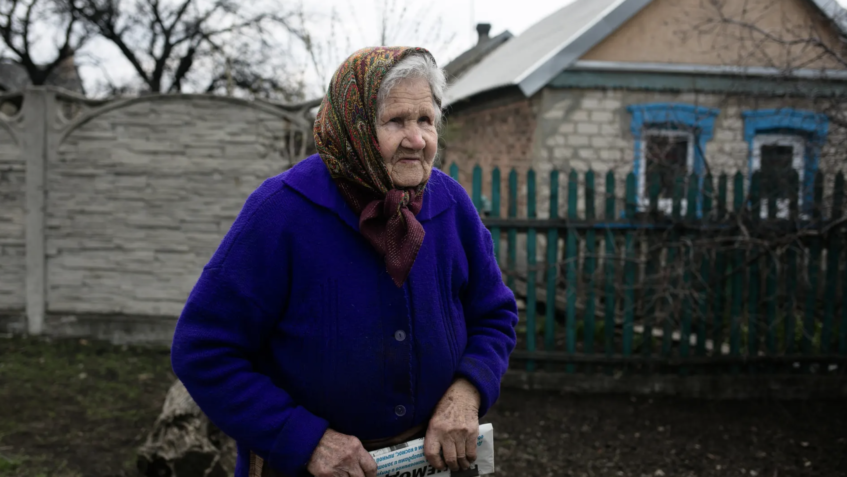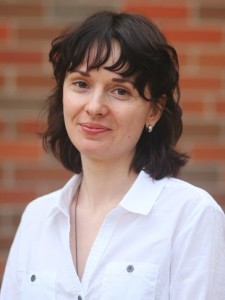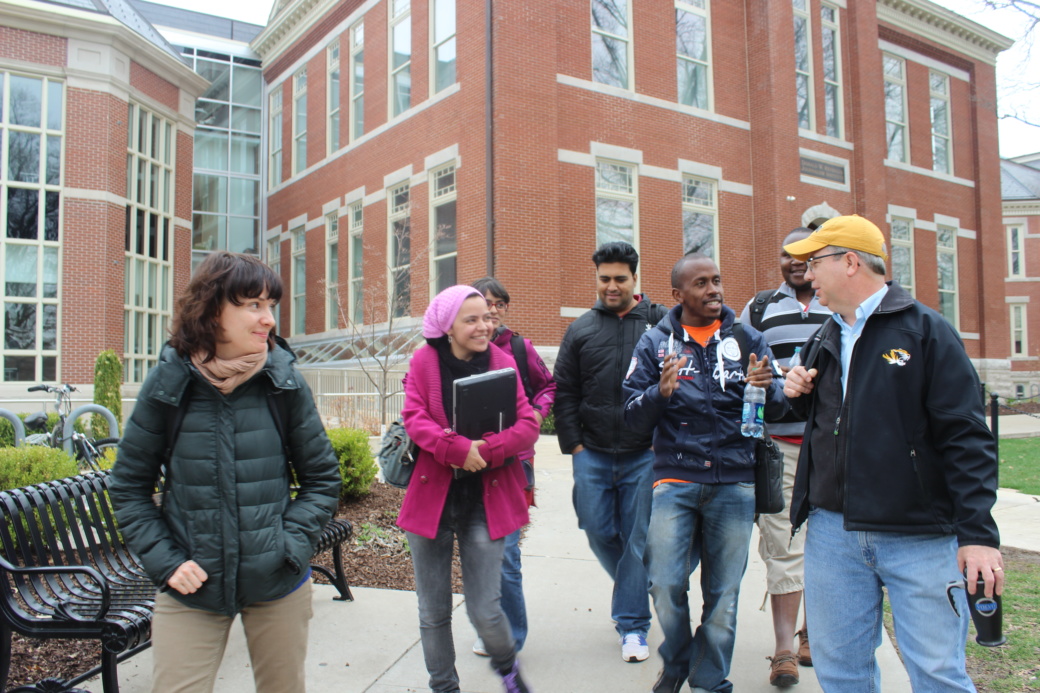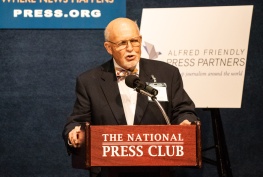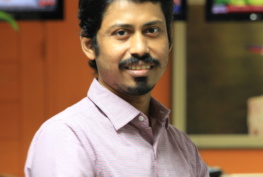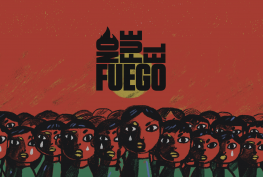As Oksana Grytsenko writes in her dispatch for The Guardian, a massive buildup of Russian combat troops near Ukraine’s eastern border and the effective collapse of a ceasefire have sparked alarm in the west that Moscow is preparing to invade.
Grytsenko has covered the war with Russia since its beginning for the Kyiv Post and now for The Guardian and other publications. She returned to the borderland this month and spoke to Ukrainians living in a small government-controlled town close to a separatist stronghold who feel “fear and despair.”
When the war began in 2014, natural gas supplies were cut and have still not been restored. Most of the town’s businesses were either destroyed by the fighting or ceased trading. Many of the fields in the agricultural hinterland are mined, which makes farming impossible. Drinking water has to be bought since the water in taps and wells is contaminated. …
In the evenings Marinka is deserted, apart from occasional groups of teenagers and stray dogs roaming the centre. A few men quietly fish at a local pond, ignoring the signs that it is mined.
(90-year-old Vera) Basova survived the second world war and says she never thought she would have to endure another, even longer, war at the end of her life. When she hears shooting or shelling, she reads her prayer book to calm herself.
Here is a link to the article, and below is Grytsenko’s personal account of her work:
“I had a big break in my trips to the war-torn Donbas. It was quiet last year. A ceasefire that started in July and lasted for about six months was the longest and the most similar one to a frozen conflict. But the events this year showed how fragile the ceasefire is and how easy it can be rolled back to real war.
“I haven’t been to Marinka before, but many things there were familiar to me. Sounds of shooting and shelling, bad roads, damaged houses, mines and slag heaps, signs about landmines, a broken phone connection near military facilities. And there was also the feeling of an approaching danger in which local people live. Because any ceasefire always ends up with an escalation.
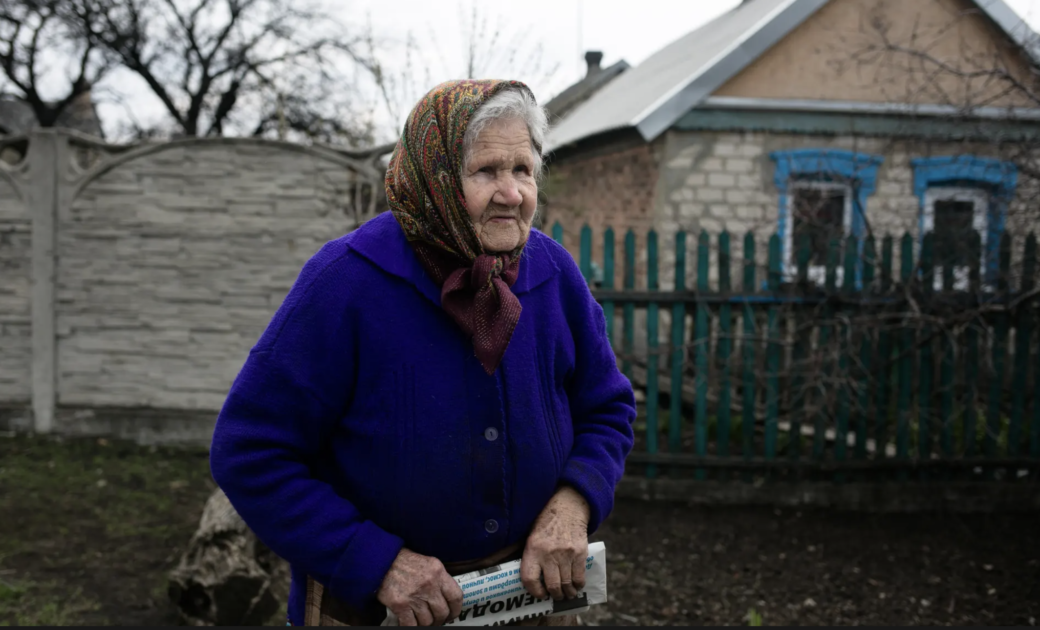
In her front yard, Vera Basova holds a paper with a front page headline that says Russia is bringing tanks to the eastern Ukrainian border. “What do they want from us? Why are they dragging those tanks here?” Basova asks her neighbour. Photo by Anastasia Vlasova
“I had the same feeling of relief when I traveled to the United States in the summer of 2015 for my Alfred Friendly fellowship. Apart from improving my journalism skills and English, getting to know American culture, and acquiring many great friends, the six months of my fellowship helped me to erase the stress I received from my work in Donbas. I returned to Ukraine revived.
“But many people living in the Donbas had no break from that situation. Now the war is in its eighth year. And nobody knows for how many years the local people will have to live with a feeling that someone may destroy everything they have at any moment.”

